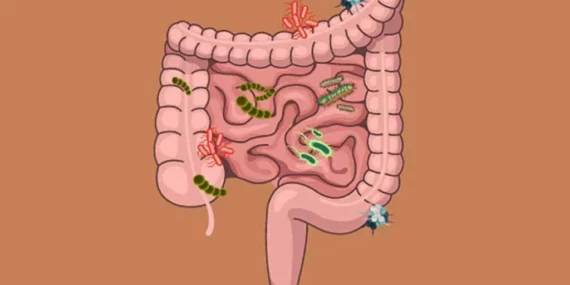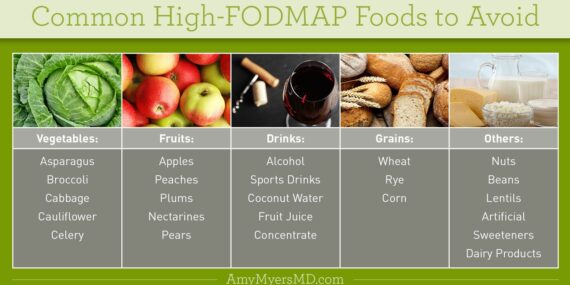The Importance of Vitamin E for Heart Health
Vitamin E, a fat-soluble antioxidant, plays a crucial role in protecting the body against oxidative stress and inflammation. It’s particularly significant for heart health, where it helps prevent cardiovascular diseases by inhibiting the oxidation of LDL cholesterol, reducing plaque build-up in arteries, and improving overall blood vessel function. In this guide, we’ll delve into the…








